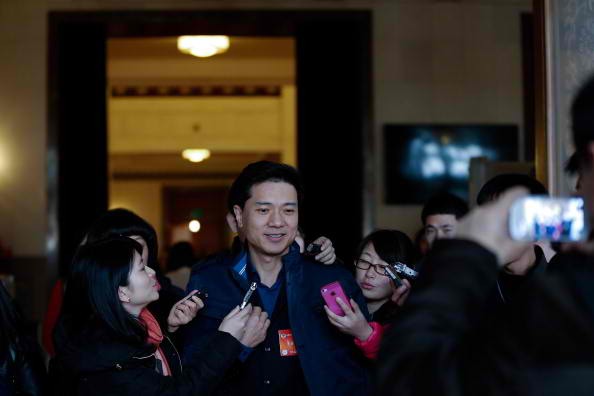The Baidu Brain is a robot that simulates the human brain and was developed with Nvidia Corp., an innovator of driver-less vehicles.
Baidu's CEO Robin Li said, "Artificial intelligence is the next big development in the Internet industry, which is the core of Baidu. We spend great efforts developing this technology in the past five to six years."
Li explained that the Baidu Brain has three core functions. These are artificial intelligence algorithms, computing power and big data.
The chief executive said, "It has the capacities of natural language processing, voice recognition, image identification and processing and user portraits."
"Anyone just records 50 sentences as required in 30 minutes, and our speech synthesis technology could simulate the person's voice. We could let everyone have their own voice model," said Li.
There is a 97 percent accuracy in the robot's voice recognition and face recognition is 99.7 percent, according to the CEO.
This latest innovation can be used in the advancement of involving healthcare, traffic and finance.
Tan Tien, an AI expert, said that Baidu's stake in developing AI will reap huge profits. Currently, he said, the AI global market is valued at $200 billion.
"I'd like to invite everyone to rethink the sector we're in - to rethink the Chinese economy," said Li.
"The development of artificial intelligence and the Internet of Things is an irresistible trend, and Baidu Brain is a core product in these two fields," said Zhao Ziming, an analyst at Analysys International in Beijing.
Dr. Adam Coates, a Stanford post-doctoral researcher and head of the Baidu AI Lab in Silicon Valley, said that this is an exciting time for AI.
"It's an incredibly exciting moment for AI and the set of problems that deep learning can solve," said Coates.



























